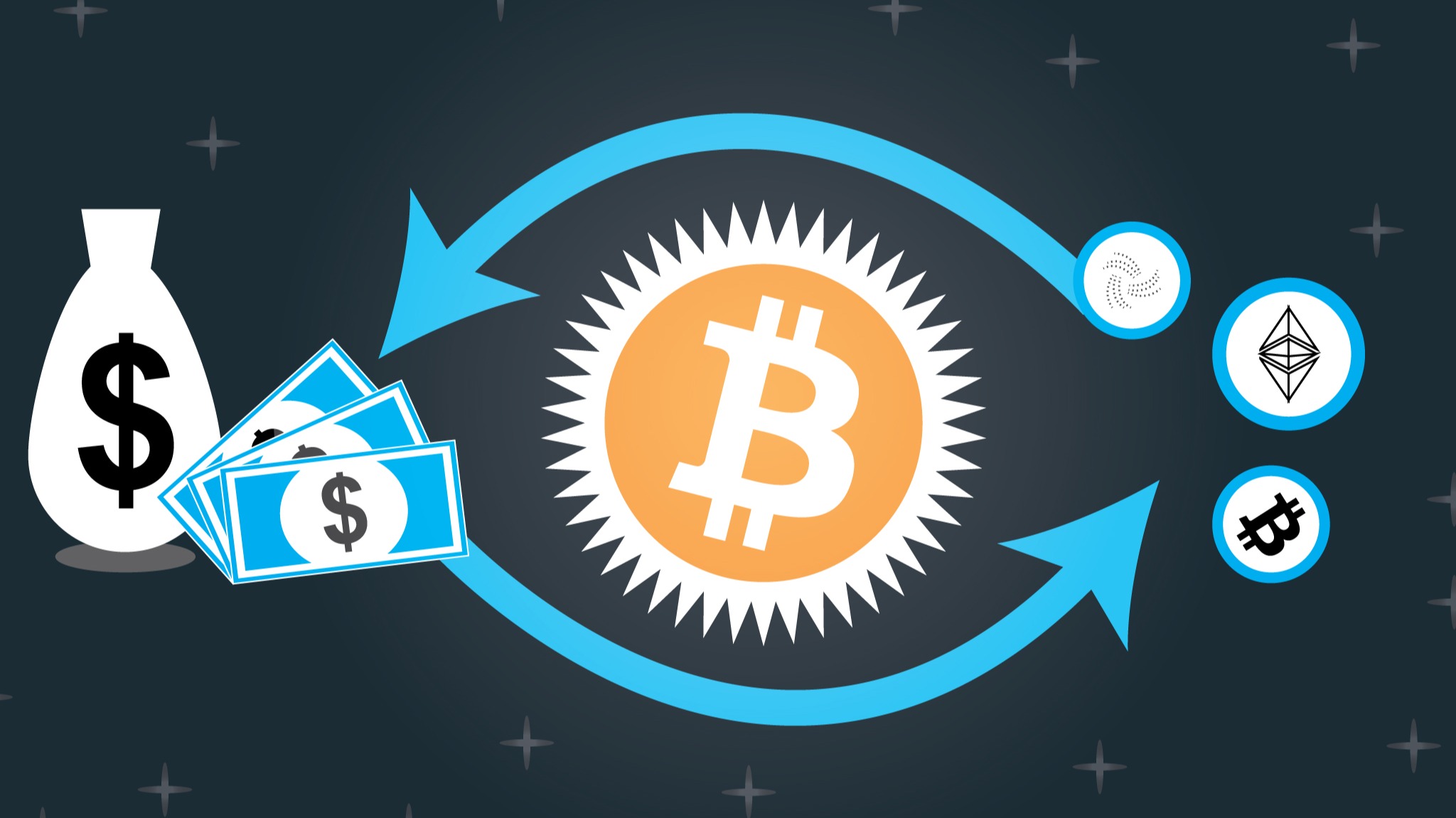The crypto market became aware of a startling discovery as a prominent on-chain data form of technology, which indicated that Bitcoin exchange reserves have decreased to the lowest levels in years. The current situation has made investors, analysts, and enthusiasts sit up and notice that it may have severe consequences for Bitcoin’s price and the whole market dynamics. The decrease in the amount of exchange reserves shows a divergence in the investors’ posture, which raises the question of whether the future direction of Bitcoin will be positive or negative.
Bitcoin Exchange Reserves
Bitcoin exchange reserves are the amount of Bitcoin that exchanges hold for trading purposes. These reserves are vital in the market liquidity and are often considered an indicator of market sentiment. When reserves are high, it generally indicates that traders and investors participate in the exchanges by buying, selling, or trading Bitcoin. However, the decrease in exchange reserves can often warn investors that they are taking their Bitcoin off the exchanges for personal storage, either for the long-term or for other valid reasons, such as overblown concerns about the market or security.
Bitcoin Exchange’s Latest Data
According to a recent report, Bitcoin exchange reserves are at their lowest levels since 2018. This data arrives at a time of growing interest from the institutional side and a general market trend that has pushed Bitcoin’s price to new heights in recent months. Exchange reserves have steadily declined since late 2023, with a particularly sharp fall in the first quarter 2024. The recent data on Bitcoin showed a decrease in the amount of currency held on exchanges, which was almost 20% less than at this time last year.

The report also highlighted the fact that the decrease in exchange reserves coincides with a huge jump in the amount of Bitcoin stored in wallets that are not associated with exchanges, like cold storage wallets or institutional custodians. This means that more and more people are investing in Bitcoin, but they are choosing to transfer it to more secure and private locations rather than leaving it on the exchanges.
Implications of Low Exchange Reserves
The breadth of Bitcoin exchange reserves will decrease, meaning the market might cause several problems. One key element is the liquidity impact—less exchange reserves can reduce market liquidity. Trading will be, therefore, more difficult since traders will not be able to execute large buy or sell orders without significantly affecting the price. At this stage, the existing problem might intensify in the short run, especially in the case of major market movements.
Further, the decline in exchange reserves could indicate a long-term bullish attitude. Investors, mainly institutional ones, might be taking their Bitcoins off the exchanges, considering that the currency’s price will increase. They will thus show that they trust BTC in the long run since they are no longer concentrating on short-term issues only but more on the potential for future value growth.
Bitcoin’s Price and Market Sentiment
Bitcoin exchange reserves fall in parallel with how the market feels about it. Many investors now feel that investing in Bitcoin is because it has been rising in value. As Bitcoin increases again, many investors transfer their holdings from exchanges to cold storage over the long-term growth trajectory. Still, the decline in exchange stock may be evidence of traders being twice shy than once a trader.
Retail investors may sell Bitcoin due to market movement, while many institutional investors will likely hold the asset. Even though that is good because it underscores the generally positive market sentiment, the recent drop in exchange reserves might possibly be calling on these investors to play it safe by not being too ready for the downside.
What’s Next for Bitcoin Exchange Reserves?
The decline in Bitcoin exchange reserves adds another layer of complexity to the cryptocurrency market. While it could signal growing institutional interest and long-term bullish sentiment, it also raises concerns about market liquidity and potential price volatility. As Bitcoin continues to trade near its all-time highs, exchange reserves will likely remain low, reflecting the broader trend of investors moving their holdings into private wallets.
Moving forward, monitoring how exchange reserves evolve and whether institutional players continue to withdraw Bitcoin from exchanges will be important. The potential for increased volatility could lead to greater market fluctuations, but it also presents opportunities for those with long-term bullish convictions.
In Summary
The lowest Bitcoin exchange reserves in years highlight an important shift in investor behavior, with more Bitcoin being moved to private storage solutions. While this trend may indicate growing institutional interest and long-term bullish sentiment, it also challenges market liquidity and short-term price stability. As Bitcoin continues to evolve as an asset, the movement of Bitcoin off exchanges will remain a key trend to watch, potentially shaping the market dynamics in the months and years to come.
[sp_easyaccordion id=”90″]



